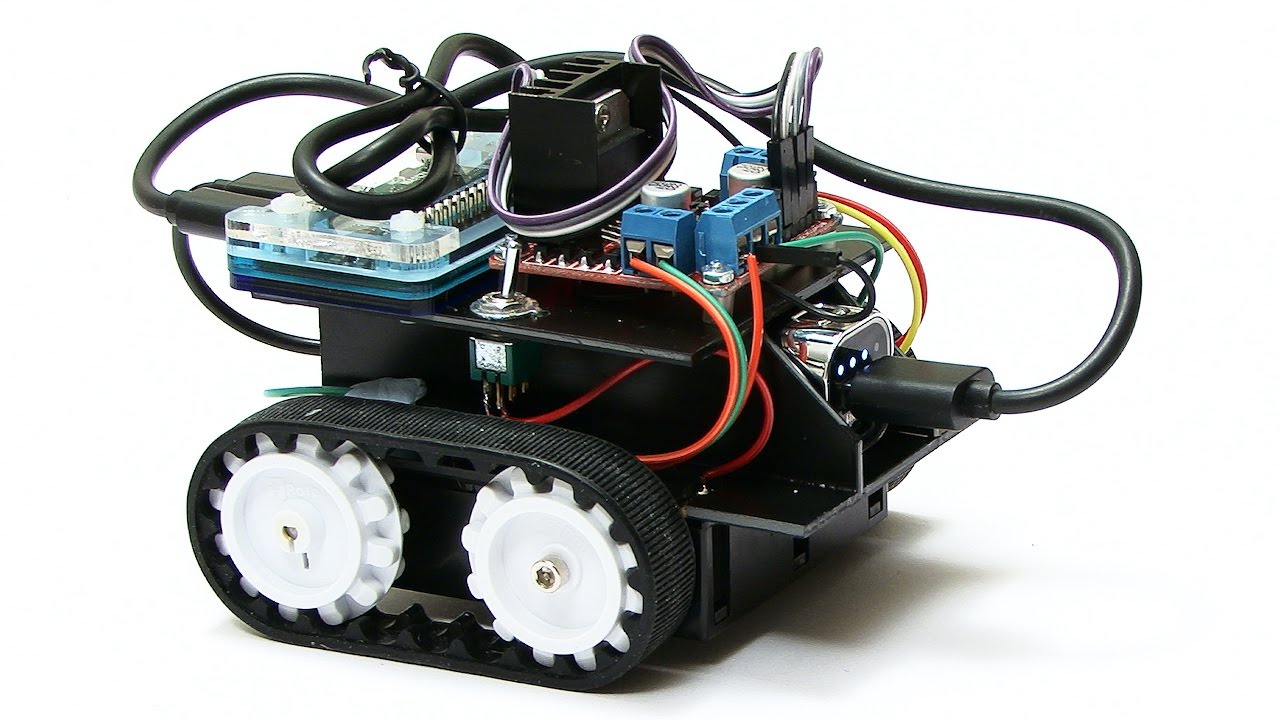A New Era of Linux Security
As the world of technology continues to evolve, the importance of security has become a top priority. With the rise of Linux as a dominant operating system, the need for robust security measures has never been more pressing. In this article, we will explore the latest developments in Linux security and what they mean for users.
The Importance of Security
In today’s digital age, security is no longer just a concern for large corporations and governments. With the increasing number of cyber attacks and data breaches, individuals and small businesses are also at risk. Linux, being an open-source operating system, is particularly vulnerable to security threats. However, this also means that the Linux community is constantly working to improve and enhance security features.
Recent Security Updates
Recently, several security issues were discovered in the Linux kernel, including a race condition in the Bluetooth subsystem and vulnerabilities in the SuperH RISC architecture, MMC subsystem, network drivers, SCSI drivers, GFS2 file system, IPv4 and IPv6 networking, and HD-audio driver. These vulnerabilities could potentially allow attackers to compromise the system, leading to a denial of service or even code execution.
The Impact of Security Updates
The security updates for these vulnerabilities are crucial to ensure the integrity and security of Linux systems. Users are advised to update their systems to the latest package versions, which include patches for these vulnerabilities. The updates are available for various Linux distributions, including Ubuntu 18.04 LTS and Ubuntu 20.04 LTS.
The Future of Linux Security
As Linux continues to grow in popularity, the need for robust security measures will only increase. The Linux community is constantly working to improve and enhance security features, and users can expect to see more security updates and patches in the future. In addition, users can take steps to protect themselves by keeping their systems up to date, using strong passwords, and being cautious when downloading software.
Linux Security
Conclusion
In conclusion, Linux security is a top priority in today’s digital age. With the recent security updates and patches, users can rest assured that their systems are protected from potential threats. However, it is also important for users to take steps to protect themselves and stay informed about the latest security developments.
Linux Kernel
Additional Resources
For more information on Linux security and the recent security updates, users can visit the following resources:
Linux Community
By staying informed and taking steps to protect themselves, users can ensure the security and integrity of their Linux systems.


 Photo by
Photo by 












